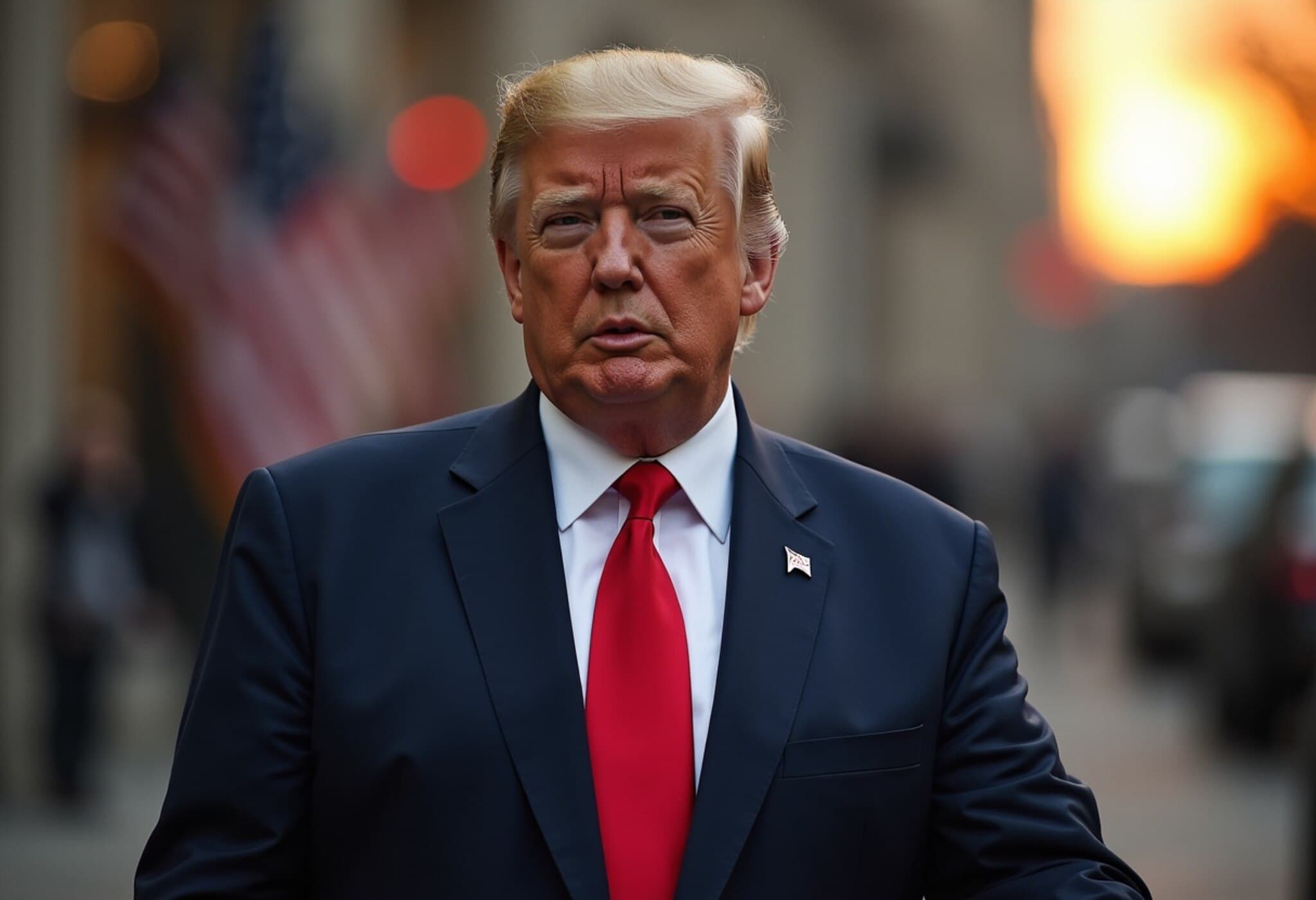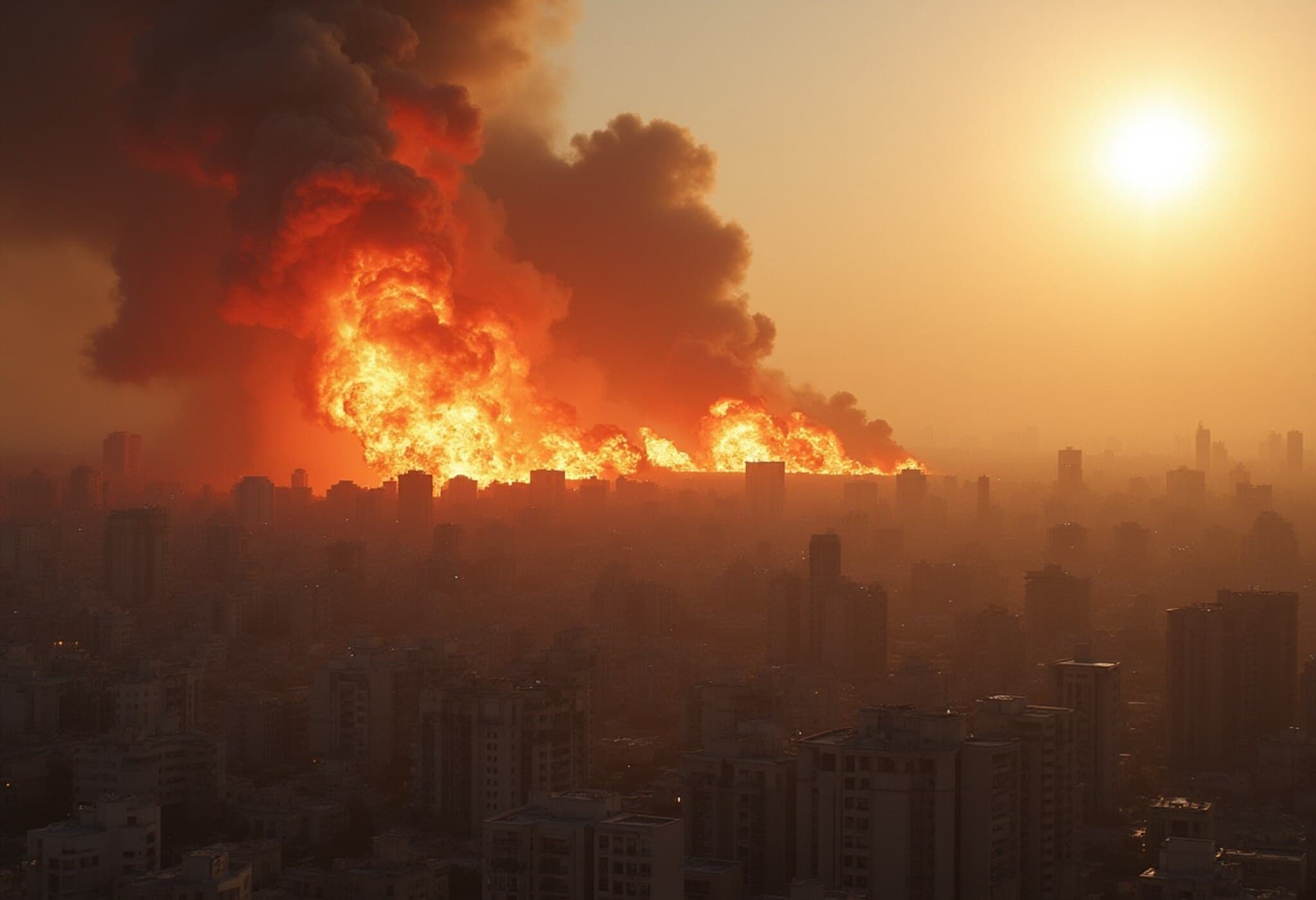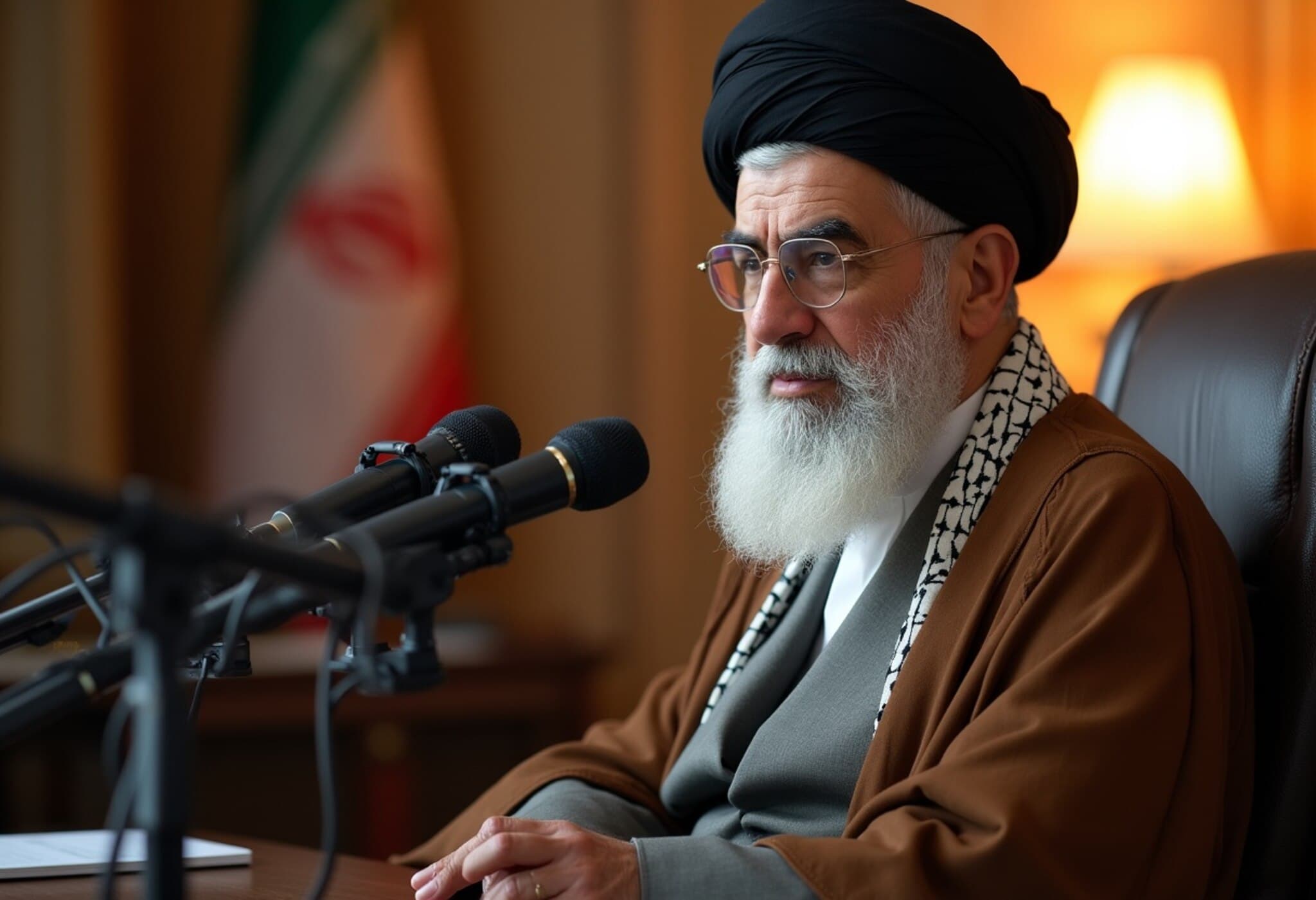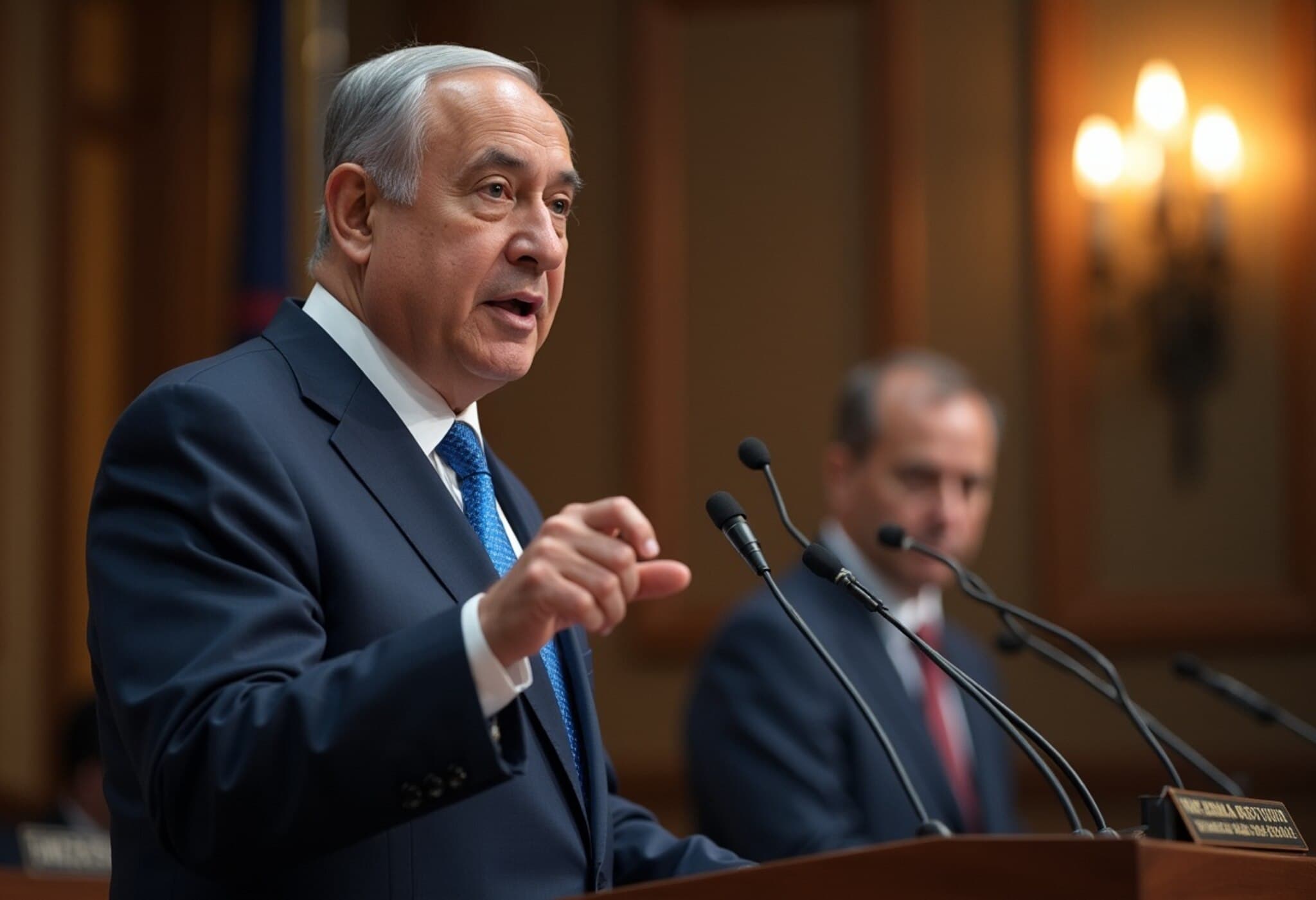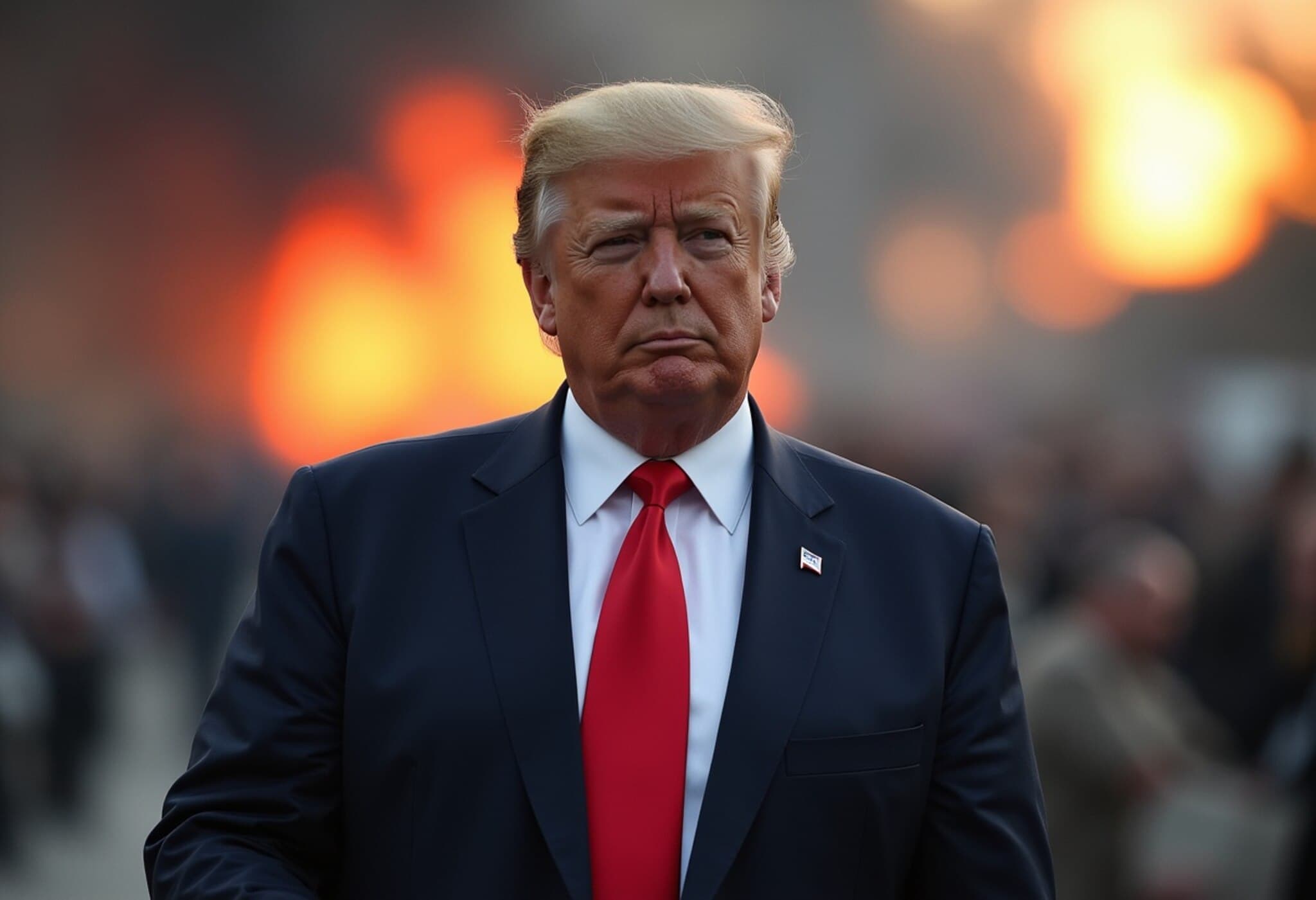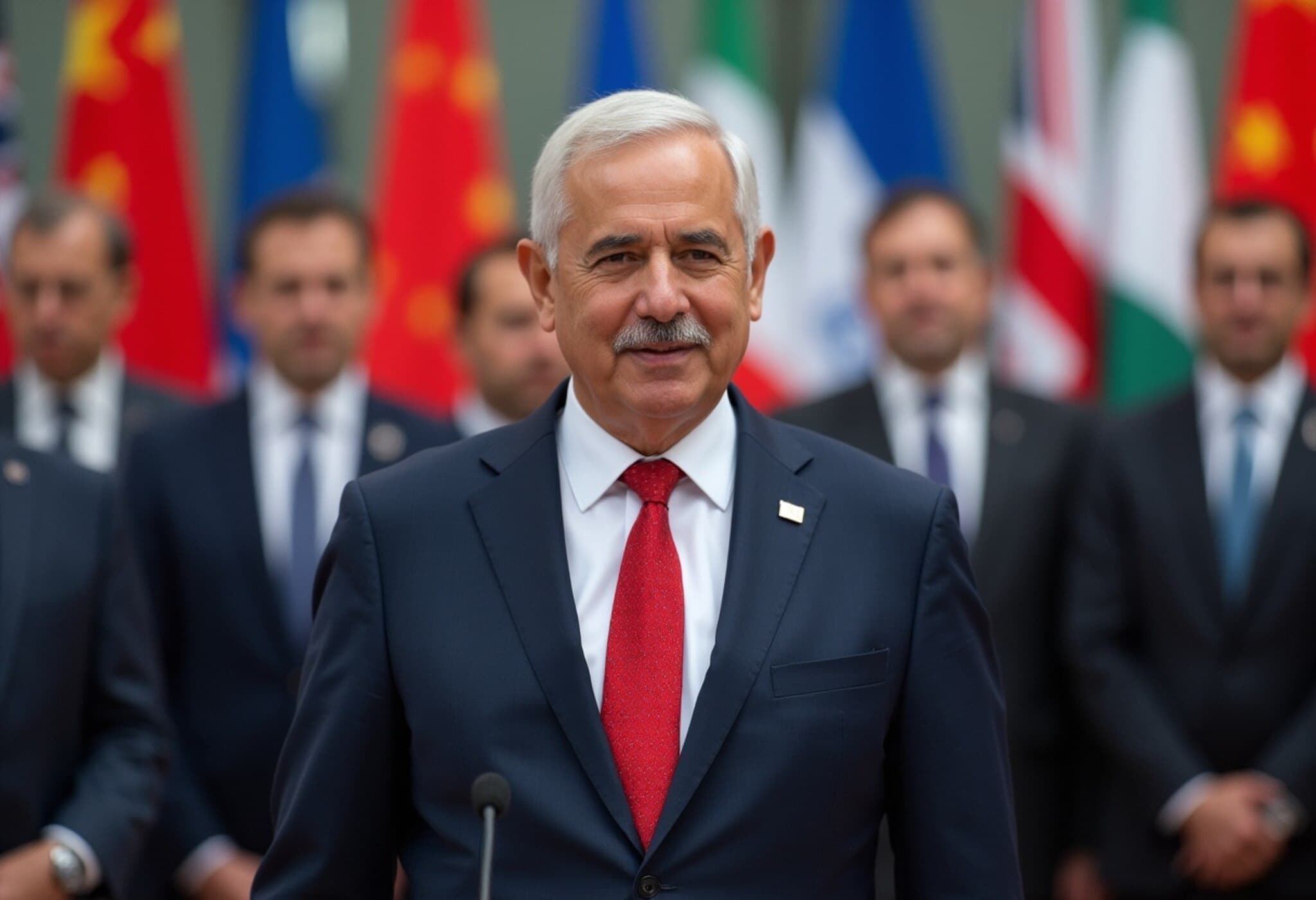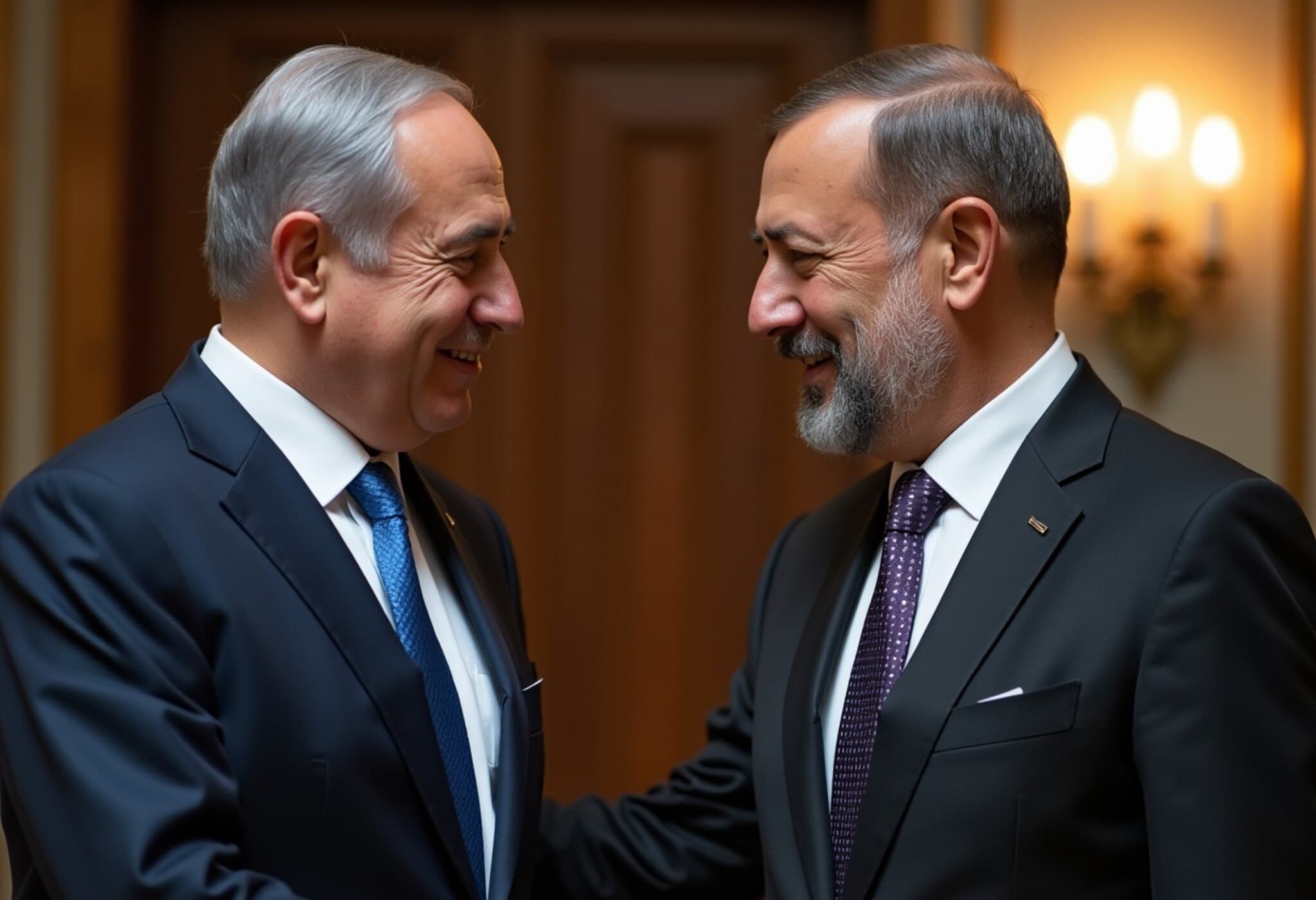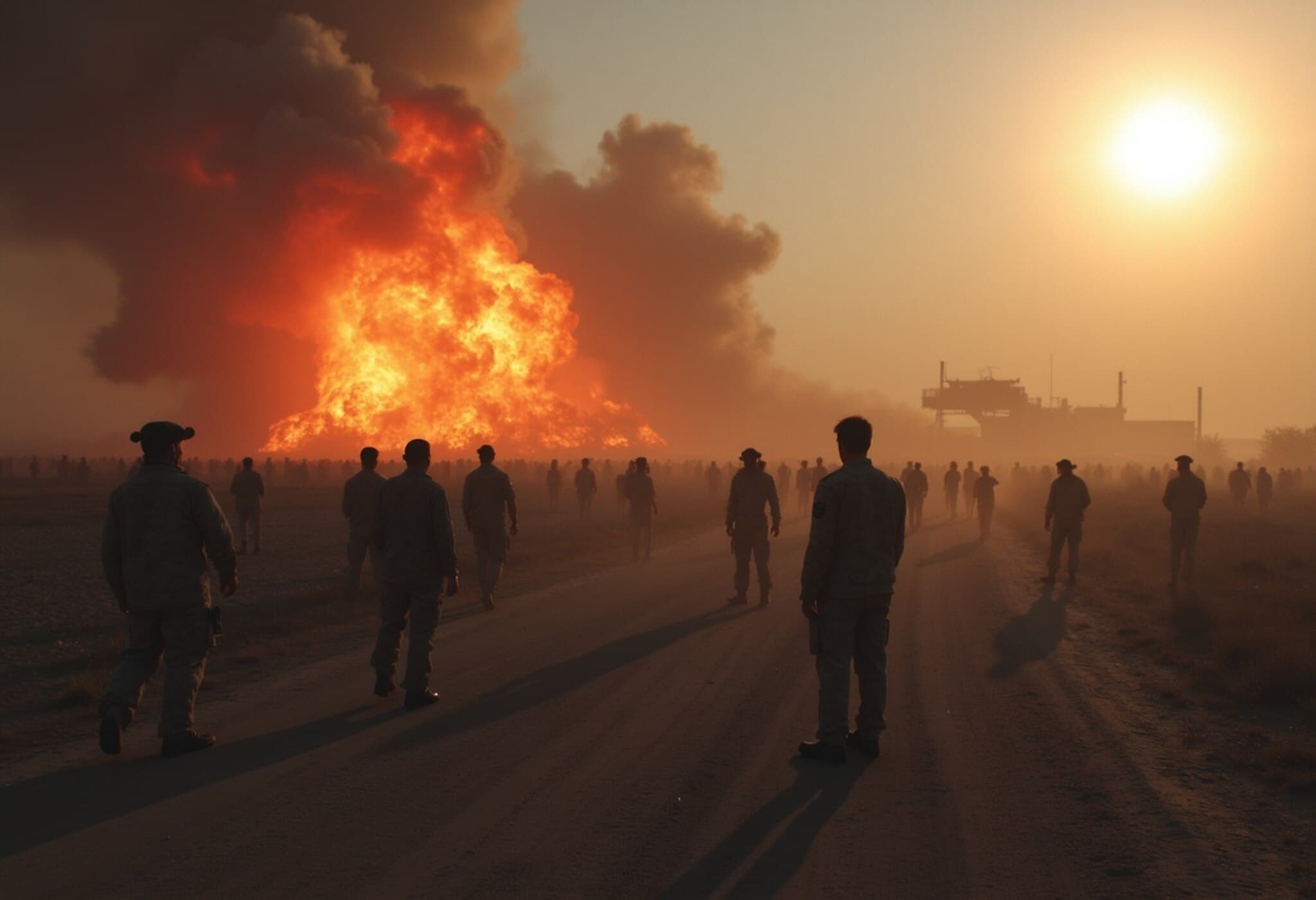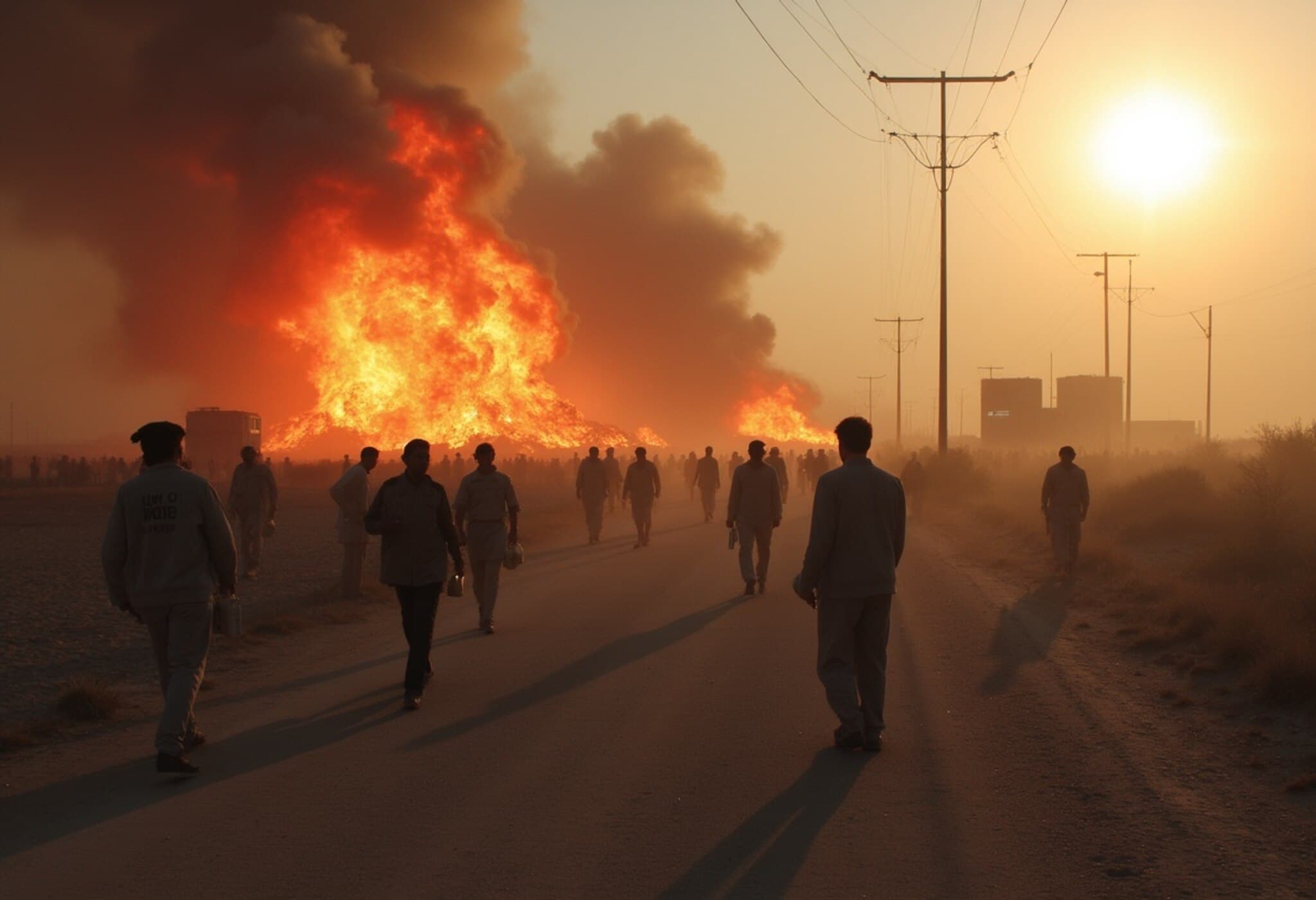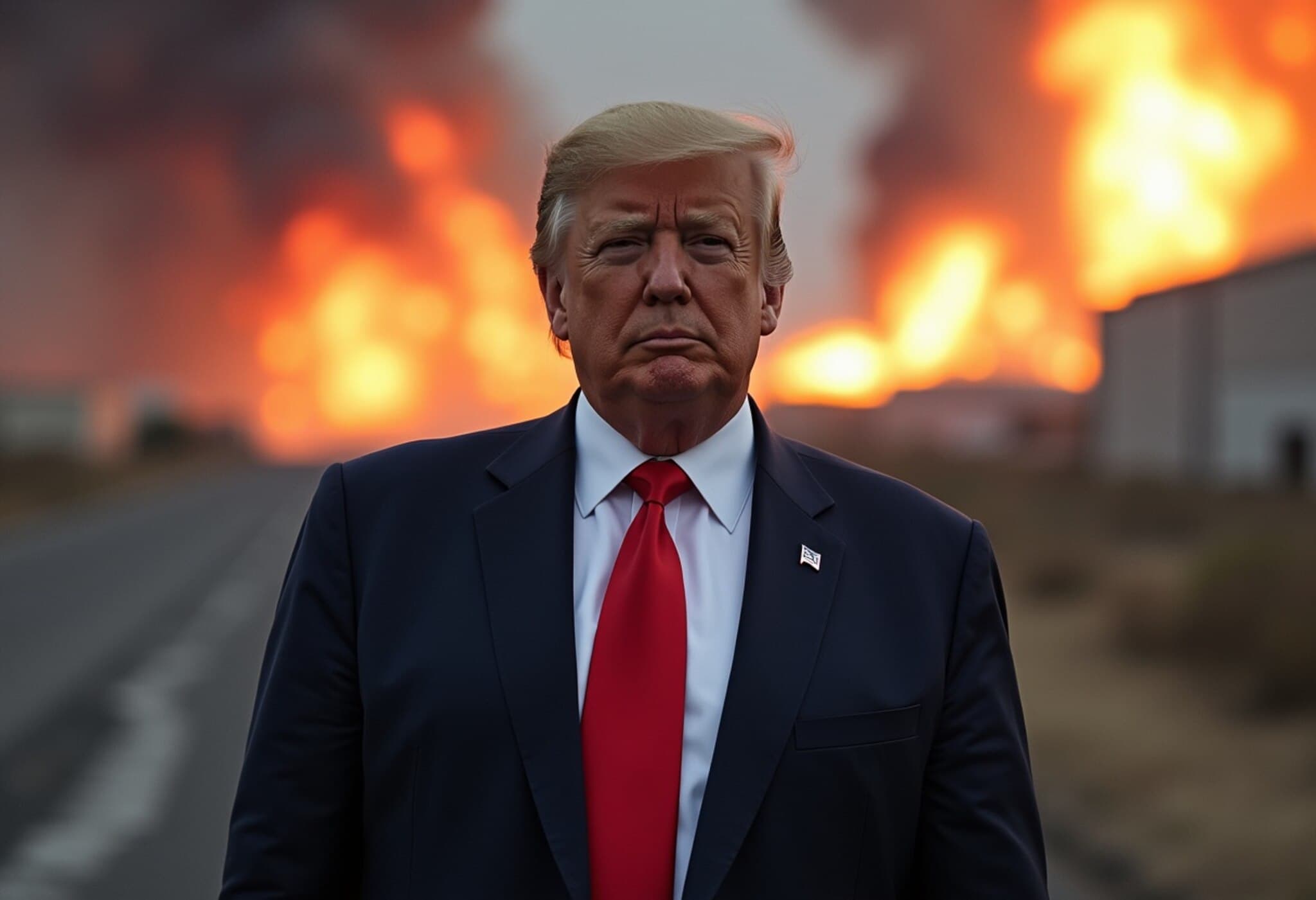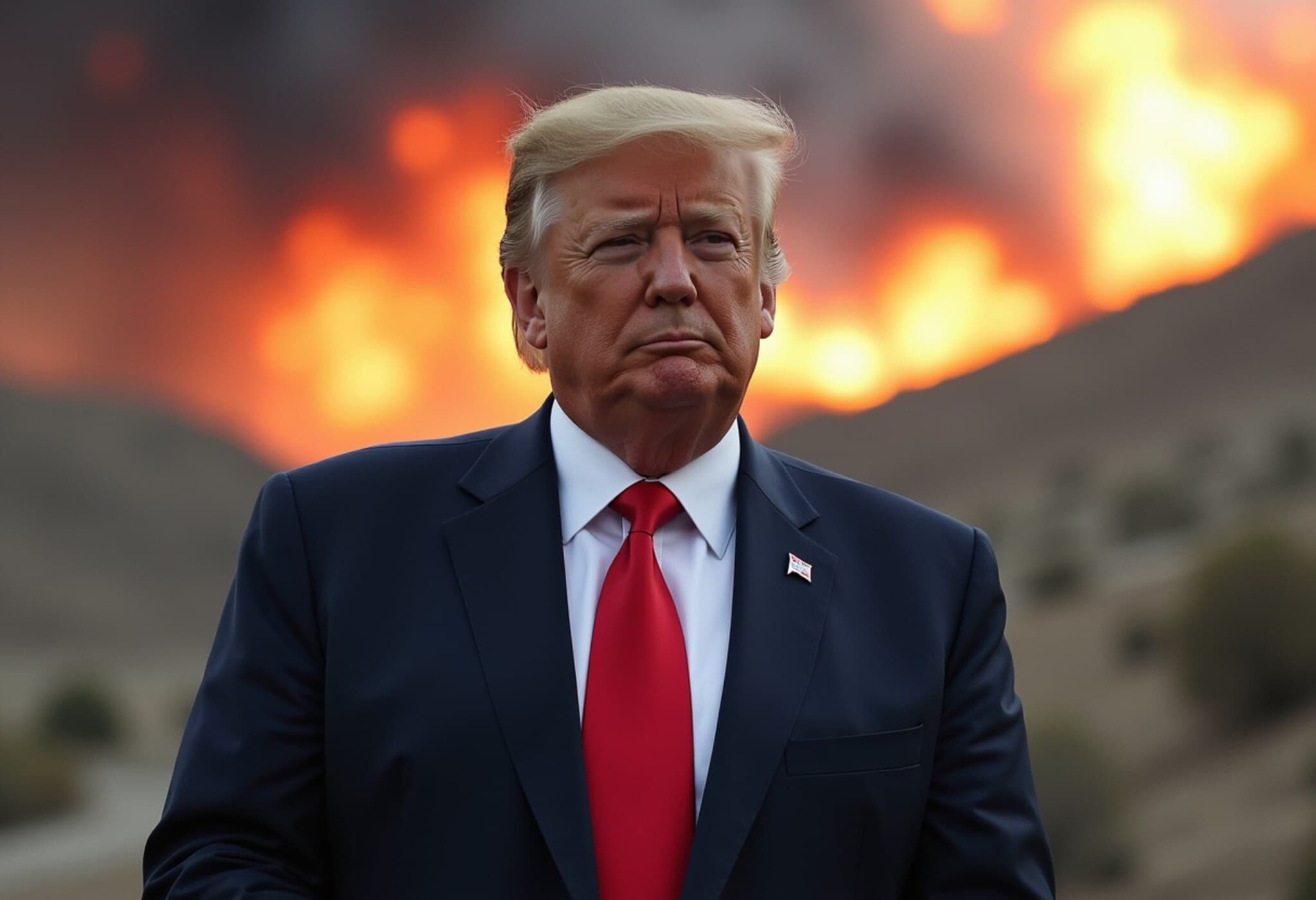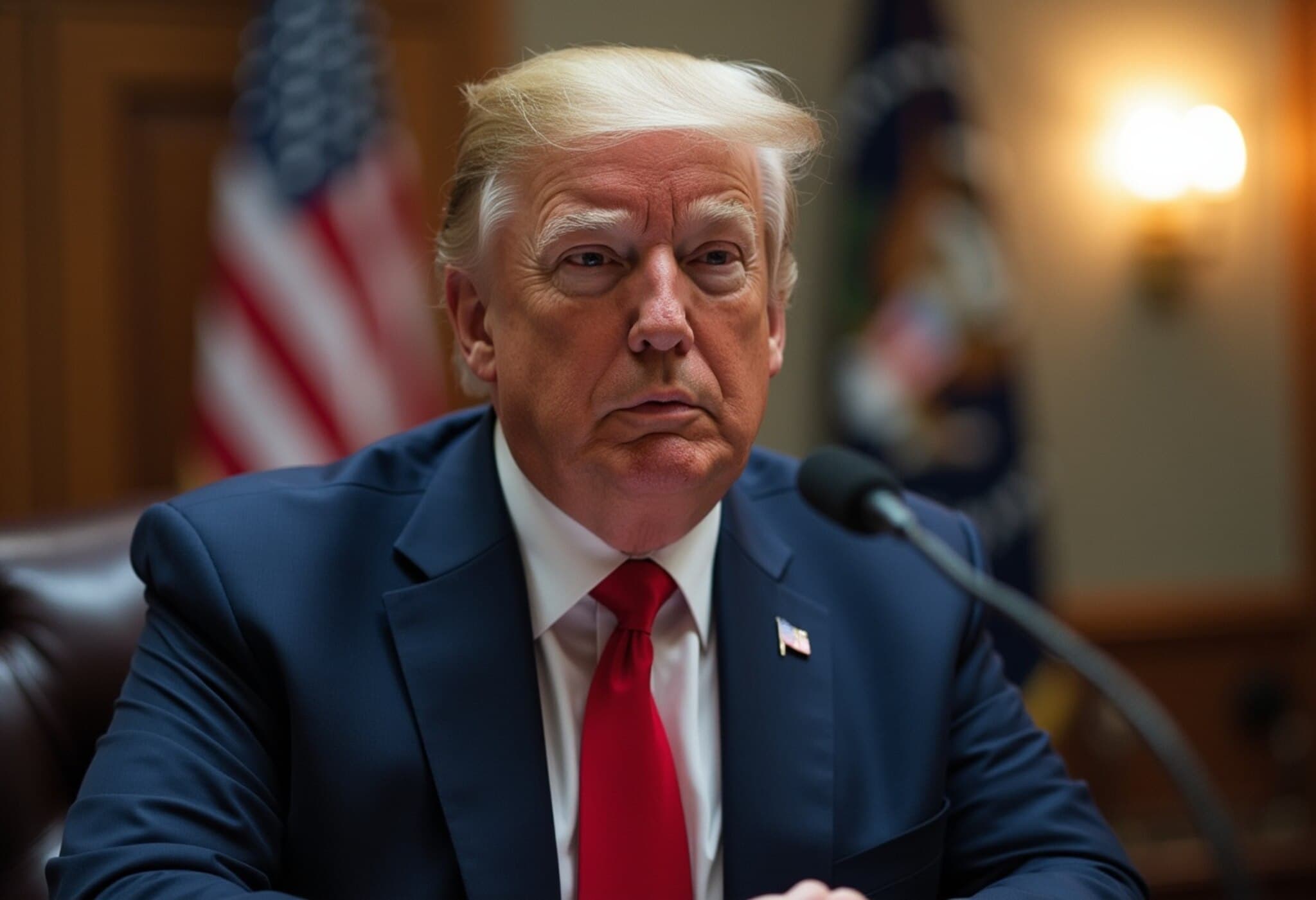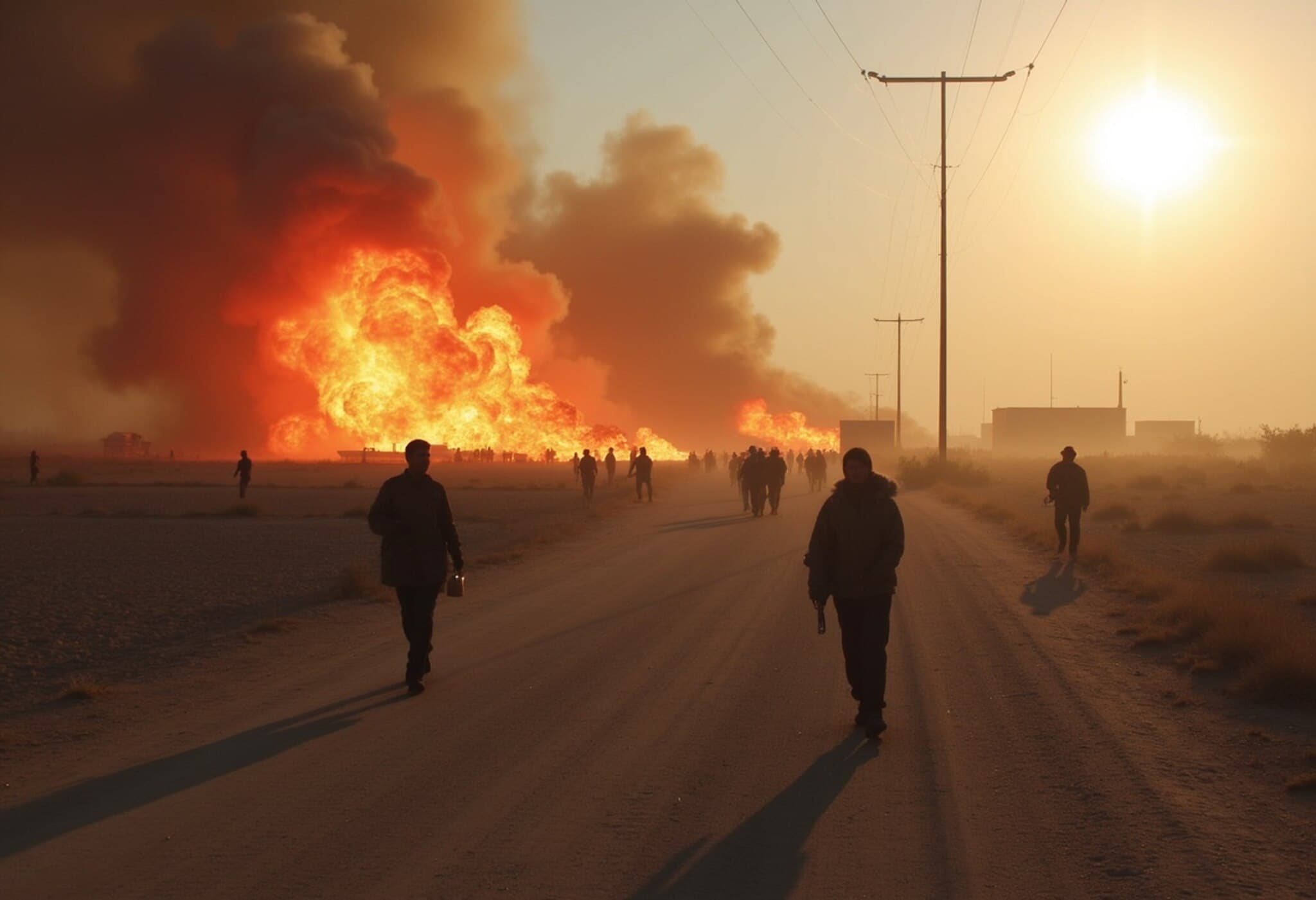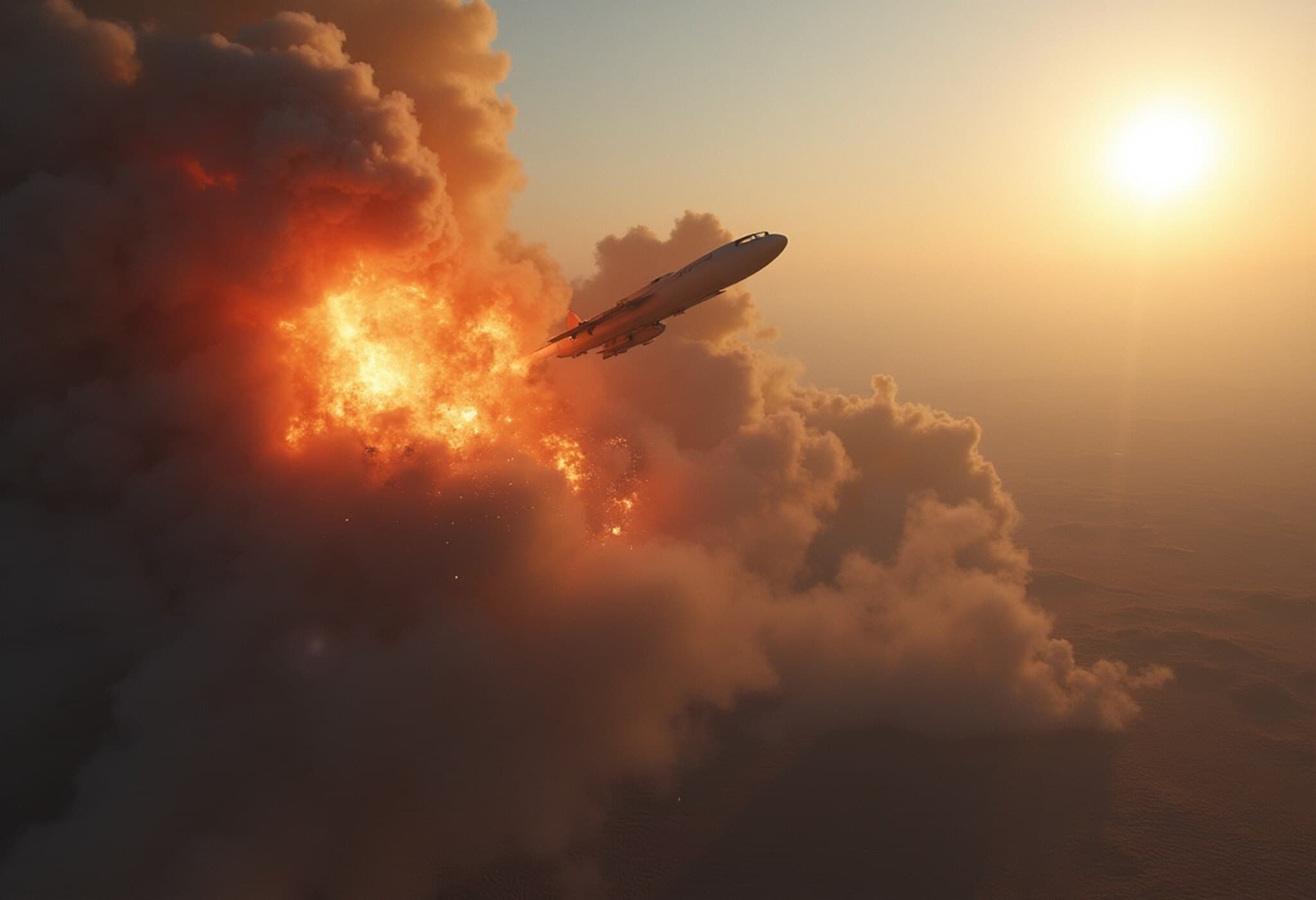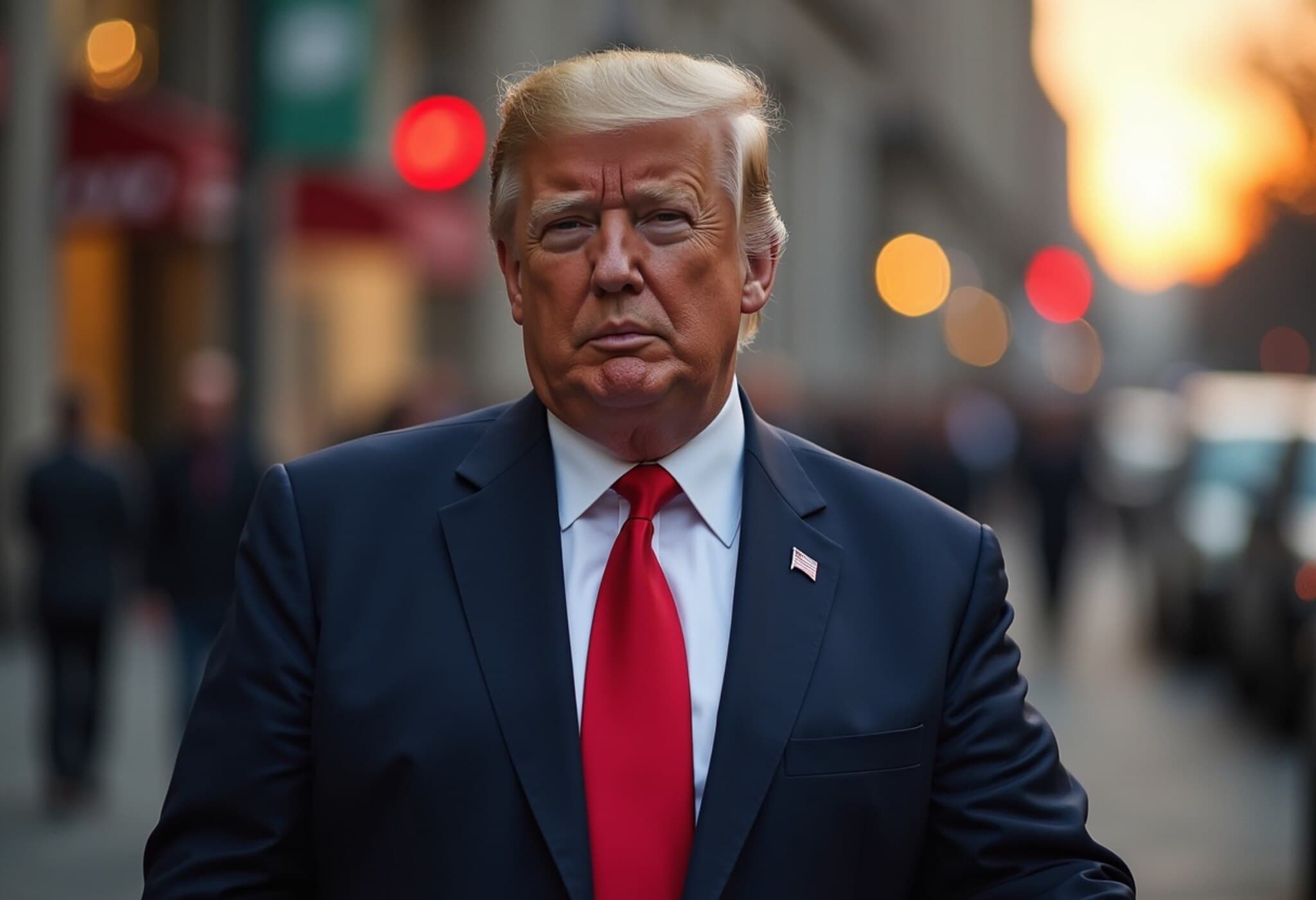Trump’s Bold Moves in the Iran-Israel Conflict
In an unexpected turn of events, US President Donald Trump has dramatically influenced the tense 12-day conflict between Israel and Iran. What started with a shocking airstrike on Iran’s nuclear facilities soon gave way to a sudden ceasefire announcement, raising global attention and speculation about America’s role in the Middle East.
From Threats to Tactical Strikes
On June 19, Washington indicated that a decision about US involvement in the escalating conflict would come within two weeks. Yet, just two days later, America's B-2 stealth bombers unleashed a precision strike on Iranian nuclear sites, signaling a swift and decisive military action. The operation, reportedly code-named Operation Midnight Hammer, caught even White House officials by surprise.
Vice President JD Vance noted the secretive nature of the planning, admitting that only the President himself seemed fully aware of the timing. Throughout the planning, Trump persistently questioned his advisors, emphasizing his authority to halt the operation at any moment.
A Demonstration of Military Might
The U.S. showcased its technological supremacy with the deployment of B-2 bombers dropping the formidable GBU-57 Bunker Busters, massive 13,000-kilogram bombs capable of penetrating up to 200 feet underground. Complementing the air assault, American submarines launched 30 Tomahawk cruise missiles targeting strategic Iranian sites. These sophisticated missiles, equipped with satellite guidance and battle damage assessment capabilities, exemplified Washington’s advanced warfare prowess.
Despite the forceful display, the operation was carefully calibrated to avoid any American casualties or collateral damage, solidifying the message of strength without recklessness.
Peace Amidst the Fury
Following the strikes, President Trump called Iran the "bully of the Middle East" and warned of harsher consequences should Tehran continue its aggressive stance. Nevertheless, the administration recognized that prolonged conflict could destabilize geopolitical interests and harm Trump’s political standing.
When Iran retaliated with a missile strike on a US base in Qatar—after a clear warning—Trump surprisingly chose restraint, affirming that no American lives were lost and damage was minimal. Soon after, he announced a ceasefire agreement between Israel and Iran, stepping into a peacemaker’s role.
By swiftly moving from enforcer to negotiator, Trump managed to demonstrate formidable military capability while paving an exit path for Iran without igniting a broader war.
The Quest for a Nobel Peace Prize?
Trump has openly expressed a desire for Nobel Peace Prize recognition, lamenting that he has yet to receive one despite his efforts in various international conflicts. Earlier this year, he claimed credit for facilitating peace talks between India and Pakistan, though India's government refuted any mediation role by the US.
Reflecting on his Middle East engagement, Trump recently stated on social media that regardless of outcomes, public opinion matters most to him—not the Nobel committee’s judgment.
Within just two days, Trump shifted global perceptions by first igniting fear of oil supply disruptions through military strikes, then soothing tensions by declaring a ceasefire. Whether these moves enhance his peace credentials remains to be seen, but for now, Trump holds unique bragging rights as both aggressor and peacemaker in a conflict that captivated the world.

